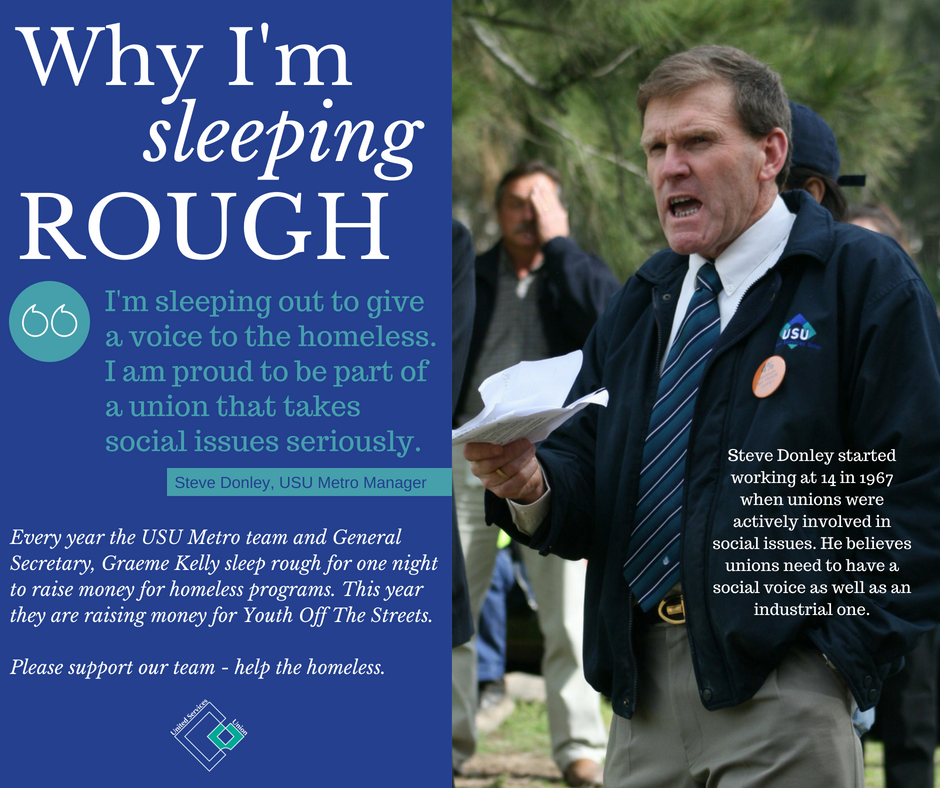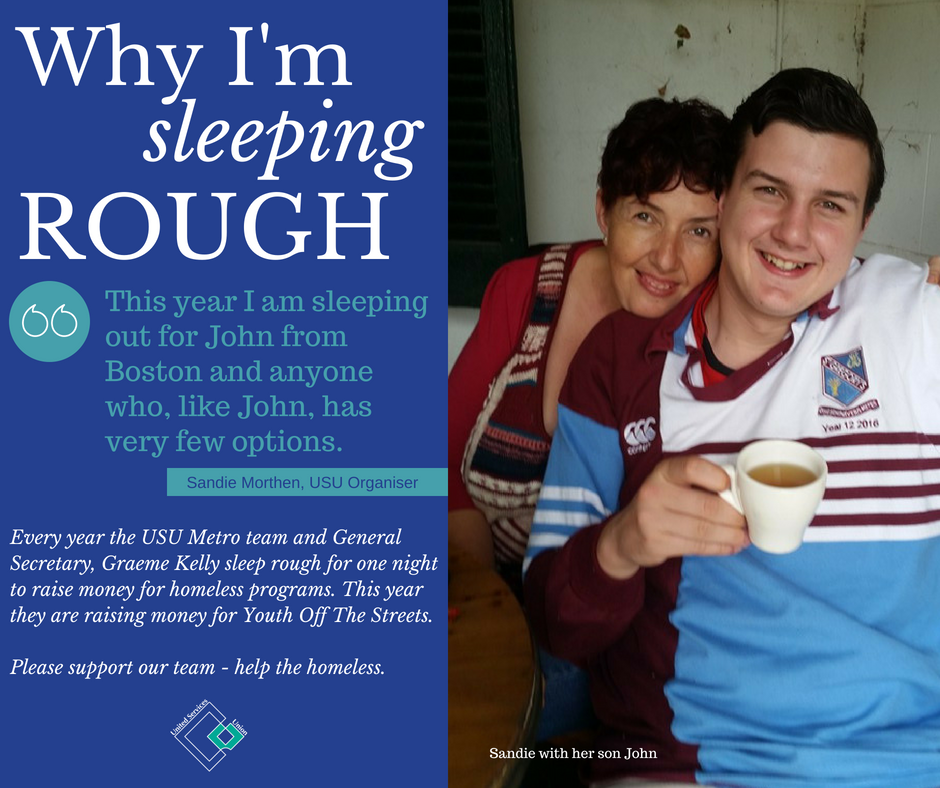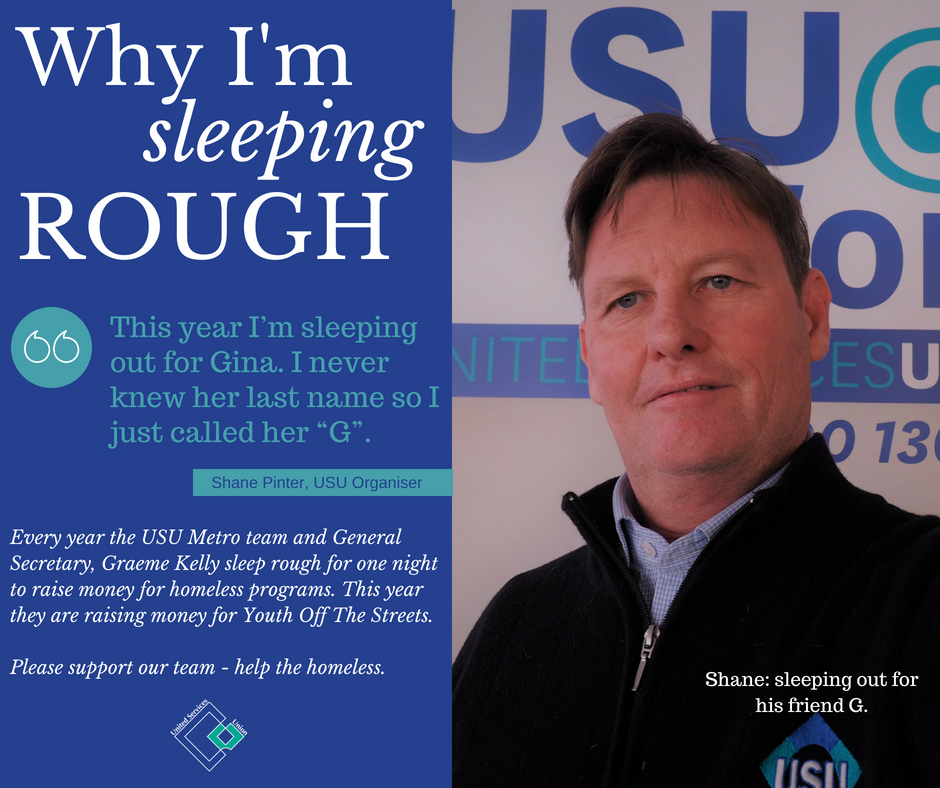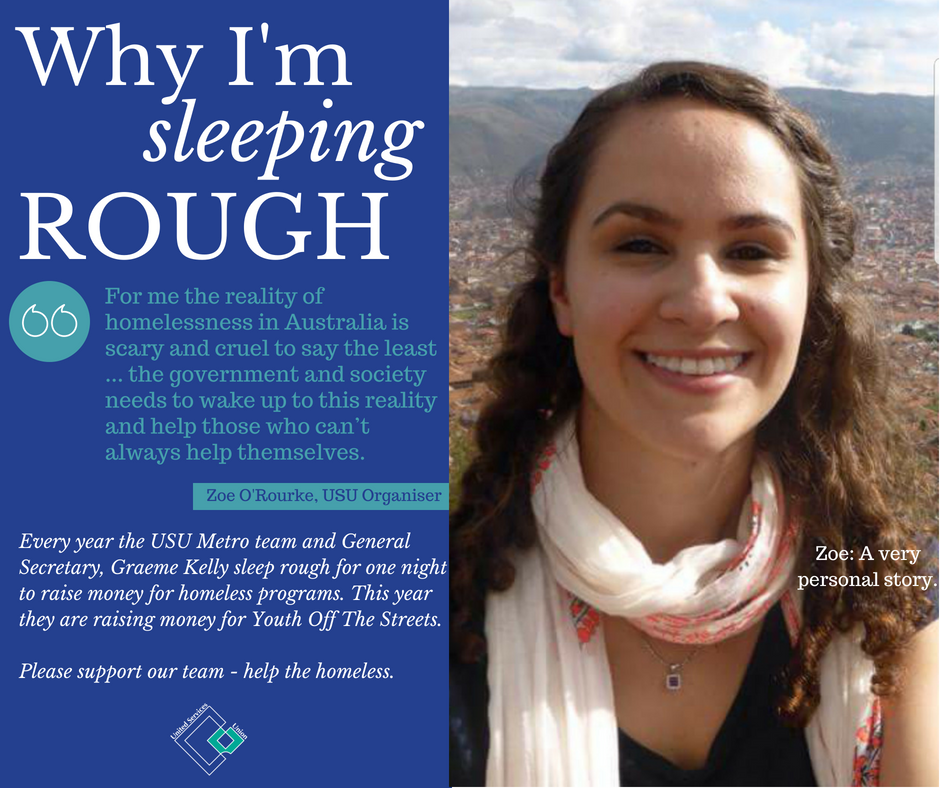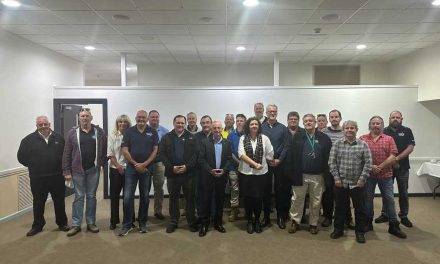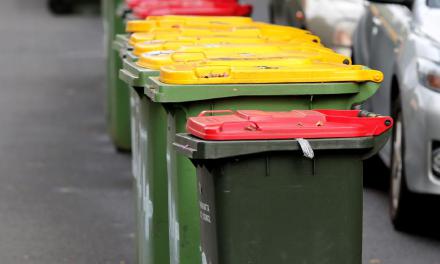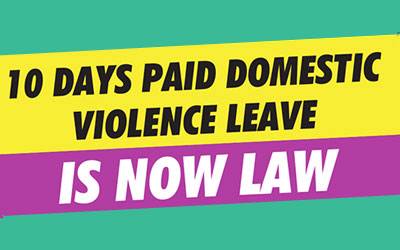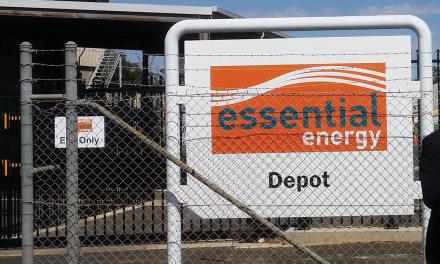Every year the USU Metro team and General Secretary, Graeme Kelly sleep rough for one night to raise money for homeless programs. This year they are raising money for Youth Off The Streets.
Every year USU members generously support the event. You can sponsor our team here: https://give.everydayhero.com/au/usu-sleepout-2018
This year the team wants to let you know why they are participating. Please read their stories below and sponsor our team if you are able.
STEVE IS THE USU MANAGER METRO. Here is his story:
I started my working career at 14 years of age in 1967 as a shop boy on the Railway. Unions played a major role – not just in industrial issues but also social issues. During my first two years on the Railway I saw a number of strikes regarding asbestos and red lead poisoning. The Government at the time ignored the Unions’ claims saying it was rubbish.
During the same period there was the Vietnam War where again, there was public outcry as young Australians were losing their lives in a war that they and rest of Australians did not understand.
Unions organised massive campaigns regarding the Vietnam War, where across Australia there were rallies at all major cities which included Churches, Politicians, grandparents, families and as history shows the Governments bought back the troops.
The asbestos and red lead poisoning campaign went for quite a considerable time but eventually the Governments listened.
The Union movement lost its way in the late 80s and concentrated on industrial issues which I believe was the start of the down turn in the Union movement. Under the present General Secretary of the United Service Union social issues are just as important as industrial issues because they are intrinsically linked.
• Homeless People sleeping rough.
• Electricity / Gas prices.
• Petrol Prices.
• Governments attacking pensioners.
The list goes on and on, but one thing for sure the USU believes social issues affect our members and strongly believe in getting Governments to do something about them.
The people sleeping rough don’t have a voice. The charities who every day and night assist these people do a fantastic job but they need money and this is where you can help by donating money to this cause.
Sandie is an Organiser. Here is her story:
This year I was fortunate enough to study in Boston for 6 weeks. It was the middle of a cold snowy winter. I complained about the cold constantly. I was coming home on the bus one night. It was snowing. A man got on the bus but the bus driver would not let him board as he did not have the fare. I walked up and tapped my travel card so he could get on. He sat next to me and I asked him where he was going. He told me he had just arrived in town that day and had spent all day in the train station keeping warm. Someone had written down the address of a Salvation Army Hostel on a piece of paper and he was trying to get there so he could sleep somewhere warm. I knew the hostel. My bus drove right past it. I told him I would tell him the right stop. I asked him if he had eaten and he told me he had not. All I had was a protein bar. I gave this to the man and the $20 in my wallet and made him promise to buy dinner when he got off the bus.
I showed him the stop and he got off. I thought about him all night. For the next few days I tried to find out if he was okay but never saw him again.
Three things stick with me from that night: he had no socks on even though it was freezing, that I should have done more and that his name was John. My son’s name is John.
This year I am sleeping out for John from Boston and anyone who, like John, has very few options. You don’t have to sleep out (in fact it’s cold and not always pleasant) but you can help by sponsoring me before the big event on the 31st August. It’s a small thing that could make a big difference. I am aiming to raise $2000.
Shane is an Organiser. Here is his story:
This year I’m sleeping out for Gina. I never knew her last name so I just called her “G”.
I met Gina many years ago while working for the City at Circular Quay. I worked an afternoon shift at the time and got to know all of the characters that I would meet daily around the Quay.
Although I met many, Gina was special, she was my friend.
Gina was homeless and essentially lived at the Quay. Usually she would take herself out for the day to a woman’s refuge or where ever the day would take her but would return to the Quay in the afternoon to spend the night.
It was at this time that I would spend a little time with Gina. Whether that be a dinner together or a catch up for a cup of tea. It was time that I treasured and looked forward to towards the end of the day.
Gina would share her day and from time to time give me a pigeon to take home that she had nursed to health after one injury or another. She was good like that and had a heart of gold for animals and for those who had taken the time to know her.
I was never really sure how Gina came to be at the Quay. From the best I could work out through bits and pieces she had been married and living with her husband. After his death things changed for Gina and she found herself homeless. The circumstances changed depending on her mood but that said she was at the Quay for many years whilst I knew her.
Sadly Gina died towards the end of 2015. She was in her 80’s and in mostly good health until the end.
True to my word I was with Gina at the end. On a cold day on a beach just North of Manly I waded into the ocean with her ashes and sent her on her way. I will always remember Gina and have a tear in my eye when I think of her and the big hug I would always receive.
This year and for many to come I will be sleeping out for my friend, G.
Sue is an Organiser. Here is her story:
Hi, my name is Sue and this is my second year at the USU sleepout. Last year I failed. I arrived after dark and was unable to put up my shelter. But I did have my trusty Souths chair, my big coat, my sleeping bag and a warming bottle (or two) of Shiraz. But the cold got the better of me and I retreated to the relative warmth of my car.
Then I remembered when I was the receptionist at a Women’s referral service in Footscray. On my first day, a young woman with 2 young kids came in for help. She explained they had been living in the car for a couple of months. They had been couch surfing before that. They’d been kicked out by their landlord for non-payment of rent. Turned out she’d been made redundant, then her partner died. She had no family in Melbourne. She’d run out of options. The Centre got her some emergency housing at a hotel for the night and then moved them into a flat.
About a week before my assignment finished, I was only there for twelve, a well-dressed professional-looking woman walked into the service. She was carrying a huge bunch of flowers, an enormous box of chocolates and a smile as wide as the face at Luna Park.
She said all she needed was a place to call home. Her kids were in school and she had resumed her career (I never knew what she did). She said she owed it all to the Centre. She’d been six weeks in her job, got a small flat and was getting her life together.
I’m sleeping out for her, and all the other ‘hers’ in our world.
Zoe is an Organiser. Here is her story:
It has been very difficult for me to write about what the homelessness campaign means to me, as it is quite personal for my family and I.
My mother was in a sometimes abusive relationship for some years, while raising my three siblings and I. She is the toughest, and most dedicated mother you could ever know, and she did everything to protect us from harm – and that harm extended to the threat of being without a roof over our heads if she left her husband.
For a single mum, the threat of her and her children (my younger siblings being only toddlers through the worst years) being without a home caused her greater fear than being in that abusive relationship. This is a case undoubtedly being repeated countless times across Australia at this very moment.
For me the reality of homelessness in Australia is scary and cruel to say the least. Too many Australians face what my mother fought to keep us free from, and the government and society needs to wake up to this reality and help those who can’t always help themselves.
Another point that I feel I must raise as a feminist is the challenges faced by homeless women – not just the lack of Women’s shelters, and space in these shelters. But also access to sanitary goods and other supplies that we take for granted in the wider society. Safety and health concerns threaten these women every day and again Australian society is ignorant to the real extent of the challenges of homelessness.


